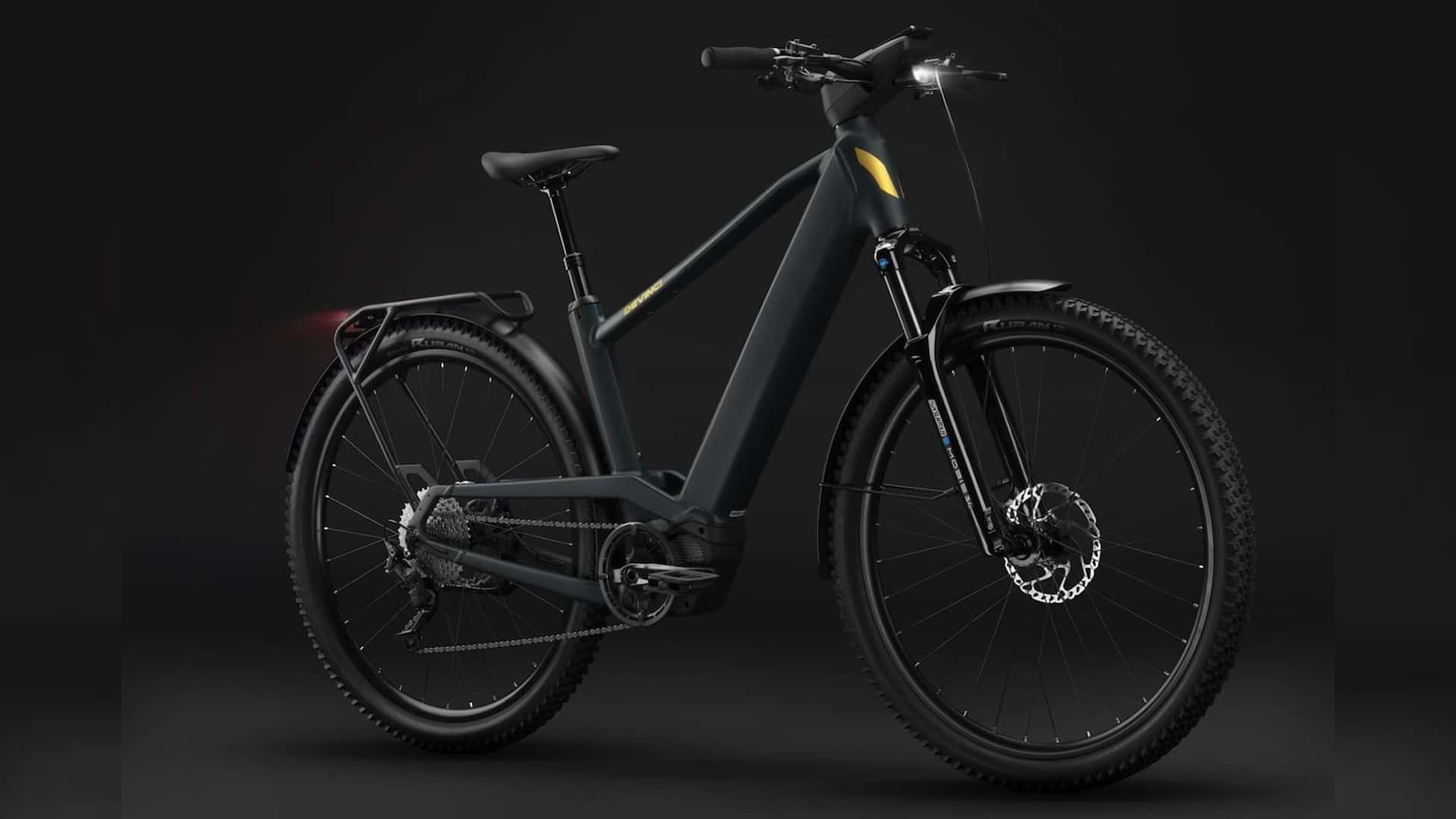E-bikes
- Electric bicycles are not considered “vehicles” by EU definition.
- Electric bicycles do not need to be insured like other road-going vehicles in the EU.
- Riders of electric bicycles are classified as vulnerable road users in the EU.
- The ruling is likely to have a positive impact on the adoption of electric bicycles in the EU.
- The ruling is likely to lead to a more consistent approach to the regulation of electric bicycles across the EU.
Introduction
The recent ruling by the EU Court of Justice on the classification of electric bicycles has sparked a debate that touches on both legal definitions and common terminology. In this blog post, we will delve into the distinctions between “e-bikes” and electric motorcycles, exploring how different regions and contexts influence the use of these terms.
We will also discuss the implications of the EU Court of Justice’s decision and its potential impact on future cases within the European Union. Whether you’re a seasoned motorcycle enthusiast or simply curious about the evolving language of transportation, join us as we navigate the complex world of electric mobility.
In a recent ruling on October 12, 2023, the EU Court of Justice issued a judgment in the case of a cyclist who was riding an electric bicycle in Belgium in October 2017. A legal argument arose after his death regarding the matter of compensation, which rested on the legal classification of the cyclist’s electric bicycle.

Electric bicycles
The cyclist was hit by a car and later died of his injuries, sparking the legal debate. The key question at hand was whether the electric bicycle met the legal definition of a “vehicle,” implying that it must be insured like other road-going vehicles.
The electric bicycle in question featured a motor that provided pedal assistance and had a boost function, but it was important to note that this boost function wouldn’t work unless a rider first used human muscle power to get the bike moving.
Adoption
Prior to this ruling, the legal definition of “vehicle” did not indicate whether a device meeting that description “must be propelled exclusively by mechanical power.” However, thanks to this new ruling, the European Parliament is issuing an official amendment to redefine “vehicle” as “any motor vehicle propelled exclusively by mechanical power.” This significant amendment will go into effect on December 23, 2023.
While the judgment from the EU Court of Justice may have implications for future cases within the European Union, it’s not entirely clear what, if any, effect it might have anywhere else in the world. Nevertheless, for those who cringe when someone uses the term “e-bike” to describe an electric motorcycle, this recent legal clarification is a useful fact to bookmark and add to your growing list of references.
Pros of the EU Court of Justice ruling on e-bikes
- E-bikes will be more affordable and accessible. Riders will not need to purchase insurance for their e-bikes, which can be a significant cost.
- The ruling is likely to promote the adoption of electric bicycles in the EU. This will lead to a number of benefits, including reduced traffic congestion, improved air quality, and increased physical activity among the population.
- The ruling is likely to lead to a more consistent approach to the regulation of electric bicycles across the EU. This will make it easier for manufacturers and retailers to sell e-bikes in multiple markets, and it will also make it easier for riders to travel with their e-bikes between different EU countries.
Cons of the EU Court of Justice ruling on e-bikes:
- Some people may argue that the ruling could lead to safety concerns. For example, e-bike riders may be more likely to ride on roads with heavy traffic, or they may ride at higher speeds. However, it is important to note that the EU is working on new regulations for electric bicycles that will address these concerns.
- The ruling may not have an impact on the legal status of electric bicycles in other parts of the world. This means that e-bike riders who travel outside of the EU may still need to purchase insurance for their vehicles and comply with local regulations.
Conclusion
The EU Court of Justice’s ruling has shed light on the complex and evolving world of electric mobility. While the terminology surrounding “e-bikes” and electric motorcycles can be fluid, the legal definitions within specific regions are crucial. The distinction between vehicles that require human pedal power and those exclusively powered by mechanical means has now been clarified within the European Union. As we move forward, it remains to be seen whether this ruling will have ripple effects in other parts of the world.
Nevertheless, it’s a reminder that the words we use to describe our modes of transportation can carry significant legal and practical implications. Whether you’re riding an electric bicycle or an electric motorcycle, understanding the specific regulations in your area is essential to navigate the road safely and legally.
Court of Justice of the European Union, InfoCuria





































